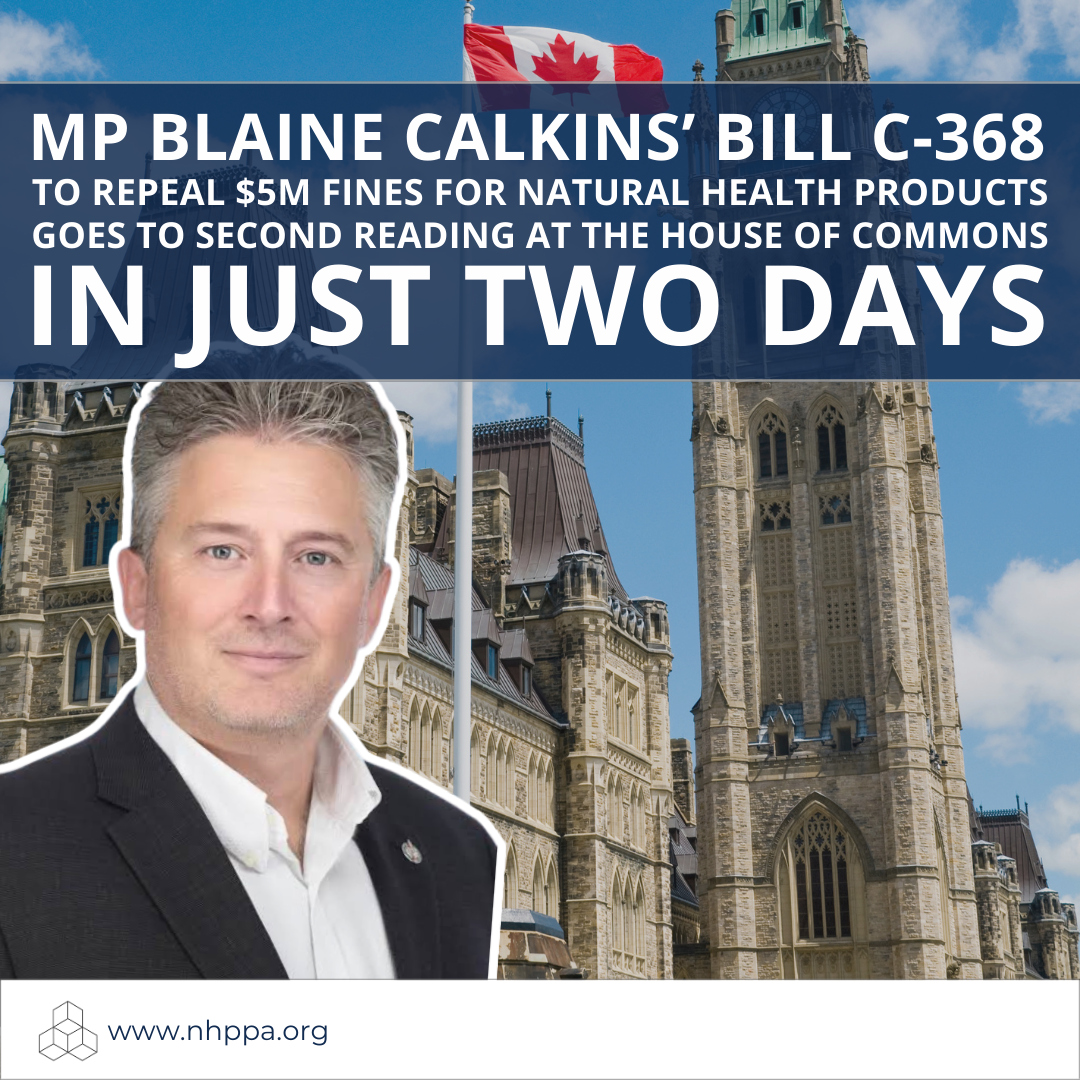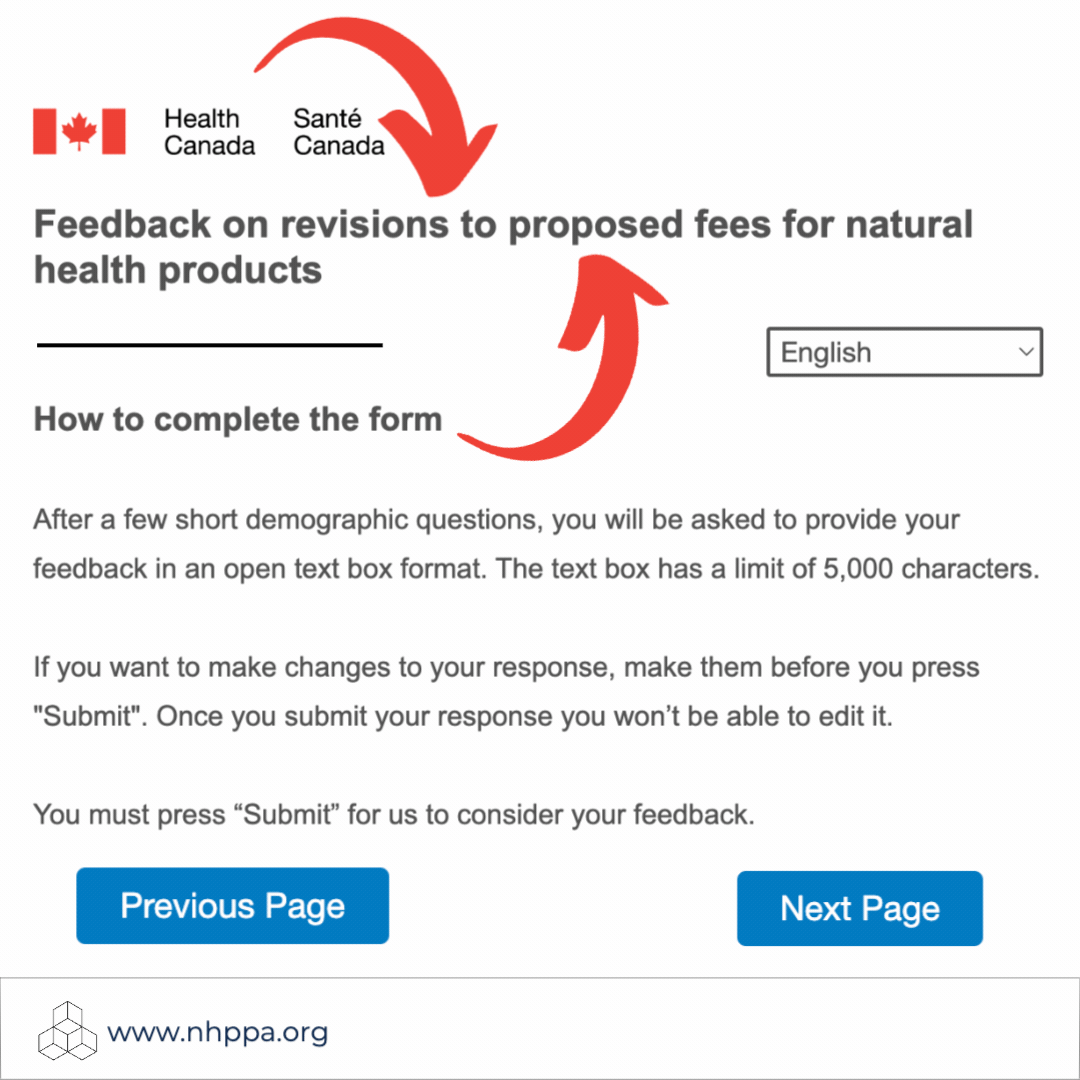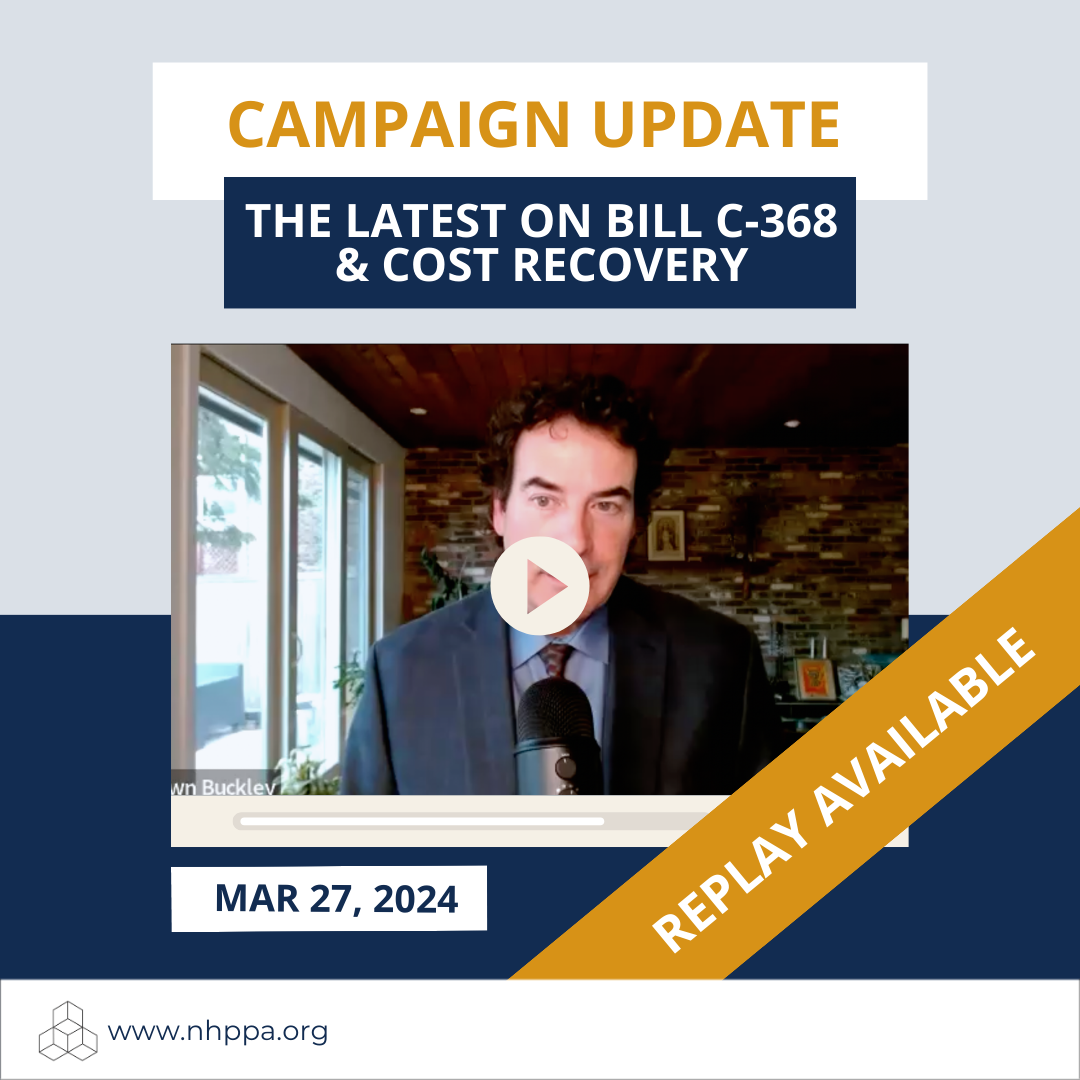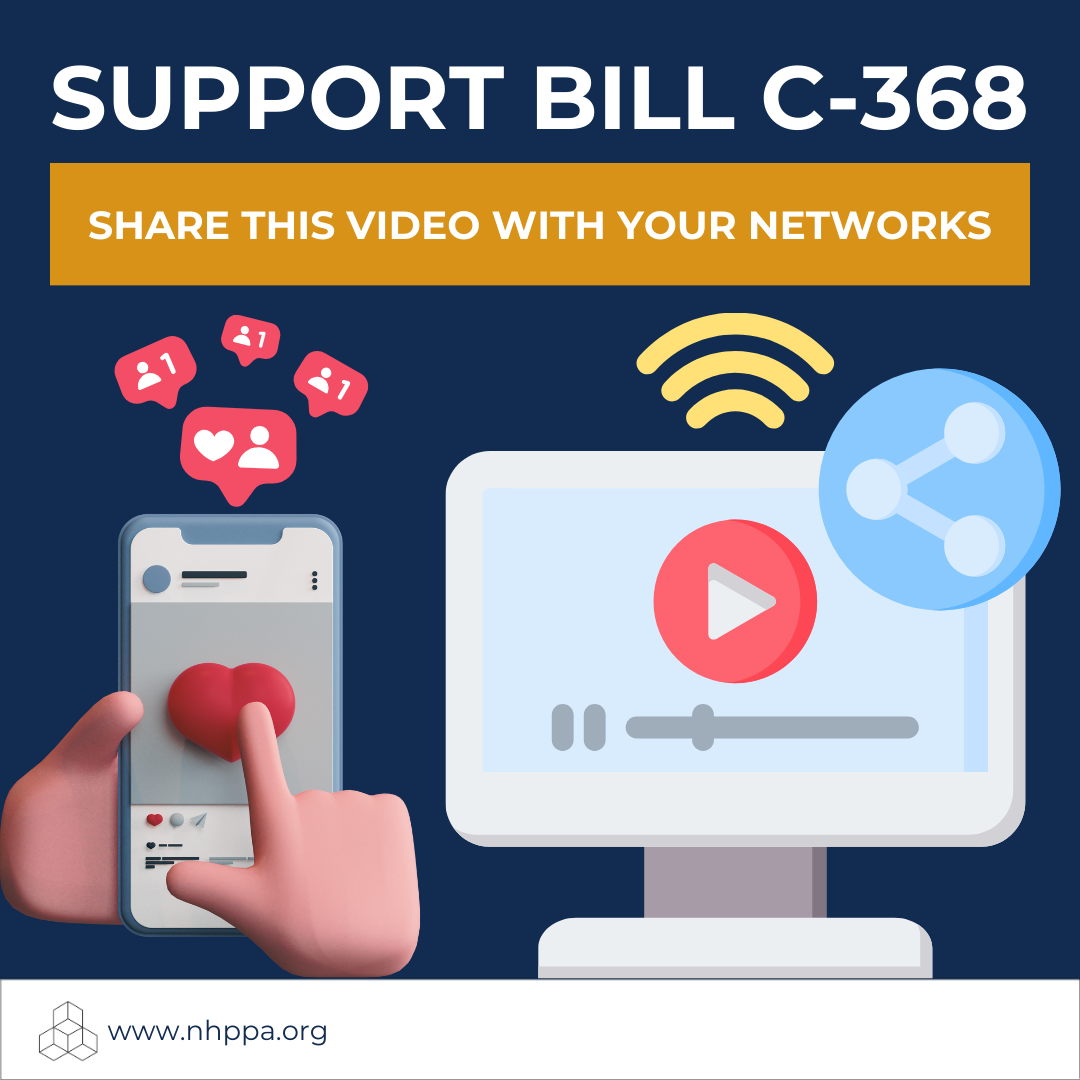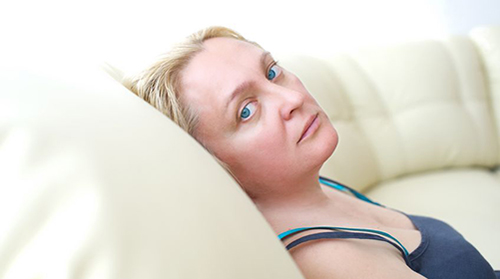 This September 29, 2017 article (6 minute read) by author, researcher, activist and natural health expert, Sayer Ji of GreenMedInfo, “’Hidden Dangers’ of Mammograms Every Woman Should Know About”, draws attention to its effectiveness as means of screening for, and preventing, breast cancer. According to Canadian Cancer Statistics, 1 in 8 women will be diagnosed with breast cancer in their lifetime. Early detection is critical as is the use of effective and accurate screening processes if personal health risks call for it. But are women being provided with information about available alternative screening options or the risks associated with mammography?
This September 29, 2017 article (6 minute read) by author, researcher, activist and natural health expert, Sayer Ji of GreenMedInfo, “’Hidden Dangers’ of Mammograms Every Woman Should Know About”, draws attention to its effectiveness as means of screening for, and preventing, breast cancer. According to Canadian Cancer Statistics, 1 in 8 women will be diagnosed with breast cancer in their lifetime. Early detection is critical as is the use of effective and accurate screening processes if personal health risks call for it. But are women being provided with information about available alternative screening options or the risks associated with mammography?
For decades mammography has been touted as the best technology by which to detect early stages of breast cancer. Once a woman reaches the age of 40, doctors encourage annual screenings in order to improve her chances of survival should cancer be detected. But, as Ji shares, this medical imaging may be doing more harm than good. False-positive results happen more often than we realize, and they come with serious psycho-social effects equivalent to actually having breast cancer. Ji states “Given that the cumulative probability of false-positive recall or biopsy recommendation after 10 years of screening mammography is at least 50%, this is an issue that will affect the health of millions of women undergoing routine breast screening.” There are also serious concerns about the effects of the standard approach to the prevention and treatment of breast cancer. “What we are increasingly bearing witness to in the biomedical literature itself is that the conventional breast cancer prevention and treatment strategy and protocols are bankrupt. Or, from the perspective of the more cynical observer, it is immensely successful, owing to the fact that it is driving billions of dollars or revenue by producing more of what it claims to be fighting.” There is established evidence to show that there is minimal connection between routine mammogram screenings and reduced mortality from breast cancer. Read Sayer Ji’s latest piece on the research. Like freedom of choice in health care, if and how a woman decides to screen for breast cancer is a personal choice. She is entitled to be aware of, and have access to, all options available to her. Christiane Northrop, MD shares her “Best Breast Test Option”. The Charter of Health Freedom safeguards access to procedures and products, both alternative and conventional, that Canadians are entitled to. Read Shawn Buckley’s 2012 Alive Magazine article where he writes about the health consequences natural product losses imposed on a woman diagnosed with breast cancer.

